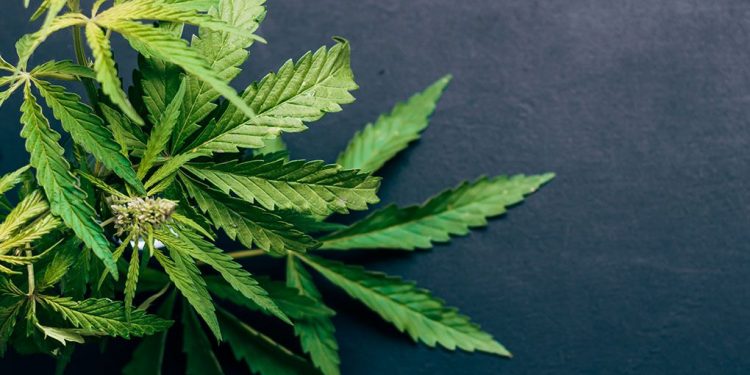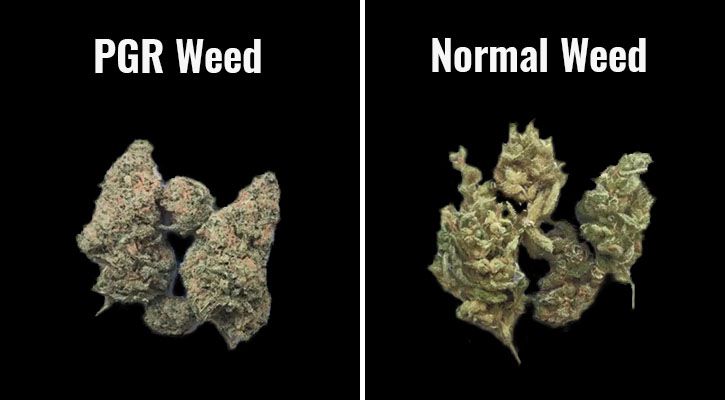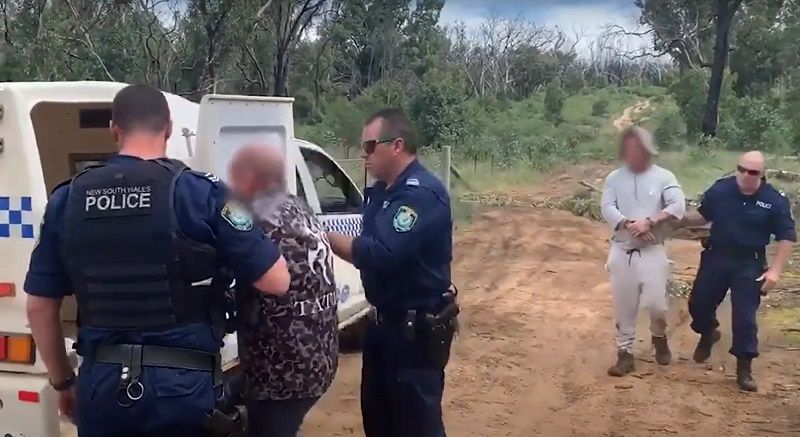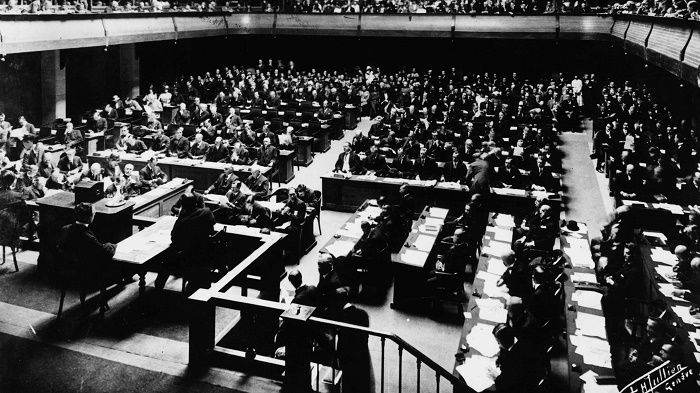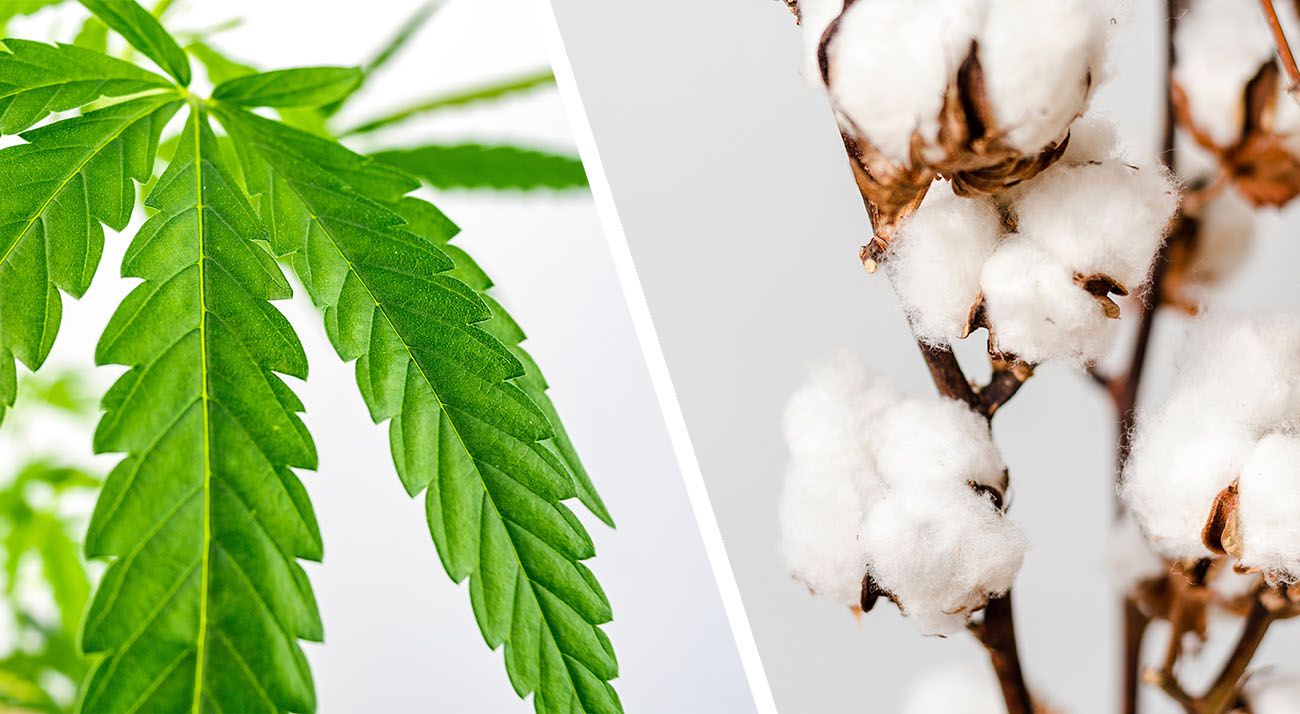Medicinal cannabis in Australia continues to grow. Both in patients using it and the number of doctors considering cannabis as a valid treatment for a variety of conditions. But what about recreational cannabis?
Are there any real benefits to Australia if we decide to legalise recreational cannabis? Who, in particular, will benefit?
What about the other countries that have already legalised? What social and economic impacts have they seen?
At Pondering Pot, we’re firm believers in legalising recreational cannabis. The benefits far outweigh the negatives. And we’re going to tell you why.
Here are seven reasons Australia should legalise recreational cannabis.
Safety concerns
Weed is a commodity. Unfortunately, currently an illegal commodity as declared by the Australian government. But that doesn’t mean an industry doesn’t exist for it. Far from it.
Cannabis is booming – both in demand and supply. And with that strong demand for an illegal product, comes suppliers who must be willing to operate outside the law, such as criminal ones. These organisations take greater risks operating outside the law, demanding greater profits. One method commonly used to boost profits is using toxic chemicals to grow weed faster.
Read more about the safety benefits of legalising cannabis
Tax revenues
Australia makes billions on the taxation of tobacco and alcohol products. It also costs Australia billions in healthcare supporting the people suffering from adverse side effects of those products. Legalising recreational cannabis and taxing it could make Australia more billions, without the healthcare expense – as cannabis is far safer to ingest than tobacco or alcohol.
Read more about how much Tax Australia could generate on cannabis
Criminal organisations
Organisations operating outside of the law, such as outlaw motorcycle gangs, or more recently, criminal organisations of Vietnamese origin making the move into growing illegal cannabis in Australia, has ensured a steady supply of millions of dollars continues to flow to them. Legalise it. Cut off the criminals.
Read more on the criminals benefiting from illegal cannabis
Overflowing prisons
Aussies often talk about the high incarceration rates in America, but little do we know our very own prisons are overflowing as well. Let’s ease the pressure by dismissing minor cannabis offences from prison time. Some US states are even starting to pardon those previously convicted.
Read more on the state of prisons and cannabis convictions in Australia
Cannabis tourism
No major country in the Asia-Pacific region has legalised recreational cannabis…yet. Cannabis tourism brings in billions of dollars around the world – most notably to the Netherlands – and Australia could grab a piece of the pot pie. If Australia were to legalise recreational cannabis, millions of Asian tourists could spend their next holiday here instead of heading to Europe or America.
Read more on the possible cannabis tourism Australia could see after legalisation
Already proven
Many countries have already legalised recreational cannabis in the past decade. None of those countries have collapsed. Quite the opposite really, many of these countries have seen net benefits after legalising.
Read more about other countries that have already legalised cannabis
Historically legal
In Australia, cannabis has been under prohibition for less than 100 years. Yet we’ve scientifically proven humans have been using cannabis for thousands of years already. So, why was it even made illegal in the first place?
Read more on how long cannabis had been legal for before prohibition
Safety concerns
Where there is a demand, there is often someone willing to supply it on the other end, even if that product is deemed illicit by the government. And if they’re willing to walk outside the law to supply that demand, they’re likely walking outside the law in many other areas. Oftentimes, one of those areas is safety.
Cannabis is a weed, one that grows in crop-like conditions similar to many other plants we use. With one exception. This crop is (currently) illegal.
Illegal businesses incur much higher risks. Which in turn demands higher profits. That demand for larger profits means cannabis suppliers will take large risks. And sometimes, that means growing cannabis with a variety of chemicals which are extremely toxic to the consumer.
Plant Growth Regulators, or PGR, have flooded the Australian cannabis black market in recent years.
These chemicals are used to fatten up cannabis buds, increasing their density and weight, which earns them a higher street value as cannabis is sold by its weight for varying prices. They also sometimes give the weed a tell-tale brownish colouring.
Unfortunately, as much as these chemicals help their growers, they are a detriment to the buyers.
Paclobutrazol, daminozide, and chlormequat chloride, are some of the most common PGRs growers use.
If cannabis containing paclobutrazol is smoked, it breaks down into nitrosamines. Nitrosamines are one of the most dangerous carcinogenic compounds – they’re also found in cigarettes. Research has shown ingesting this chemical can lead to male infertility and liver damage.
USA banned daminozide to be used on food crops in 1989 after researchers found it was dangerously carcinogenic to humans. In one study, it found those who ingested daminozide in the historical ‘legally permissible quantity’ resulted in a cancer risk 240 times higher than average.
Exposure to high levels of chlormequat chloride has been seen to affect the reproduction system and increase levels of toxicity in the body. USA has not approved it for use on crops and has also classified it as an extremely hazardous substance.
These toxic chemicals are currently being used to grow black market cannabis in Australia.
Worried you might have PGR weed? Check out this post from our friends over at Friendly Aussie Buds – PGR: The Toxic Chemicals in Your Marijuana
For those Australians among us who wish to partake in recreational cannabis, they carry the risk of exposing themselves to these dangerous substances.
Sure, you might say “Why don’t they just not smoke cannabis?”
And some might answer “Why was it made illegal in the first place, forcing buyers to turn to unethical black market suppliers?”
Curious? This should help – Why did Australia outlaw cannabis in 1926?
Tax revenue
Australia places additional excises and customs duty on many products. Two of the most notable ones are tobacco and alcohol.
Since 2013, the excise and customs duty for tobacco products has increased by 134.9%. It’s estimated Australia’s tobacco tax revenue will exceed $16.9 billion in 2020. A staggering figure.
Australia has taken a similar stance to alcohol, currently taxing it at the 4th highest rate in the world. It’s projected our government will bring in $6.1 billion in revenue from the excises and customs duty on alcohol.
That’s a lot of money. Totalling $23 billion for 2020.
All that money being spread out across Australia, boosting our economy. Surely it would benefit all of us by adding a little it more to the pile from the taxation of recreational cannabis.
Former Greens leader, Richard Di Natale, projected in 2018 that cannabis could generate $2 billion a year for Australia. That’s not a number we should shy away from.
| Year | Cannabis Excise | Company Tax | GST |
|---|---|---|---|
| 2019 - 2020 | $1.36 billion | $450 million | $490 million |
| 2020 - 2021 | $1.37 billion | $400 million | $490 million |
| 2021 - 2022 | $1.35 billion | $350 million | $480 million |
| 2022 - 2023 | $1.32 billion | $210 million | $490 million |
| 2023 - 2024 | $1.29 billion | $210 million | $470 million |
| 2024 - 2025 | $1.37 billion | $230 million | $500 million |
| 2025 - 2026 | $1.52 billion | $230 million | $560 million |
| 2026 - 2027 | $1.61 billion | $230 million | $590 million |
| 2027 - 2028 | $1.73 billion | $250 million | $620 million |
Just imagine the benefits our healthcare system, infrastructure, schools, and aged care facilities will see from the influx of cash from cannabis taxes.
Want to see other industries are benefiting in legal cannabis areas? Check out Colorado for a great example.
Criminal organisations
Aussies smoke cannabis. Not all of us, but maybe more than you think. In 2016, 10.4% of Australians aged 14+ used cannabis in the past year. 1 in 10.
Our population was 24 million back then, meaning 2.4 million Aussie had used cannabis in 2016. An impressive number. ABC even called us the “biggest cannabis users in the world” back in 2012.
Unfortunately, cannabis has been illegal in Australia for nearly a century now.
As you can see from the numbers, prohibition has done absolutely nothing, nada, zero, to stop us from using cannabis.
So…if it’s illegal yet Australians are still using it, how are we getting it? We turned to the black market, often filled with lawless organisations. And boy did they step up to meet the demand.
According to the Australian Criminal Intelligence Commission (ACIC):
The Australian cannabis market is supplied almost wholly by domestically cultivated cannabis. With the exception of cannabis seeds, oil and resin, it is not profitable or necessary to import cannabis into Australia.
And so, Australia’s soil started sprouting a new plant – cannabis.
Outlaw motorcycle gangs were, and still are, notorious for growing illegal cannabis. In early 2020, a senior member of the Bandidos motorcycle gang was arrested at a large-scale cannabis cultivation farm in NSW.
The profitability of the industry has attracted international attention as well.
In the past decade, there has been an unprecedented surge in the number of cannabis operations run by Vietnamese nationals. Hundreds of Vietnamese have been arrested for growing cannabis illegally, in almost every Australian state. Unfortunately, those arrested usually arrive on tourist visas and are often used as cannon fodder. The kingpins stay far away from Australia’s shores, yet keep the majority of the treasure for themselves.
A quick Google search for “Vietnam cannabis Australia” shows plenty of examples of their activity in Australia.
It’s high time we legalise recreational cannabis. Fully supply Australia’s demands via legal alternatives. And cut off all illegal cannabis sales flowing to criminal organisations.
Overflowing prisons
Across 2017-2018, there were 72,381 cannabis-related arrests in Australia.
Although some states have been improving and adapting their justice system to replace an arrest with Cannabis Expiation Notices (SA), Cannabis Intervention Requirements (WA), Drug Infringement Notices (NT), and Simple Cannabis Offence Notices (ACT) – it’s still not enough.
No one should be arrested and convicted for possessing a small amount of cannabis for personal recreational, or medicinal, use.
Figures on the exact amount of cannabis convictions leading to prison relating to personal cannabis use are hard to come by, but you can bet that even one is one too many.
Our prisons are full. The war on drugs has failed in every state. Let’s not do the same thing over and over again and hope for a different result. We’re better than that…right?
- QLD – Locking up people is expensive and not the answer
- NSW – Prisons overflowing as Corrections Minister David Elliott brings in report card system
- VIC – Jails bursting with unsentenced prisoners as costs also soar
- WA – WA tops nation with record incarceration rate
- SA – South Australia’s prisoner numbers soar, with just 10% of budget for rehab
- NT – Northern Territory prisons at record levels of overcrowding
Let’s stop sending people to prison for small cannabis offences and do something better with their, and our time.
Cannabis tourism
Many cultures and countries around the world have people already using, or that want to use cannabis, including the most populous continent in the world – Asia – with over 4 billion people.
Unfortunately for them, many Asian countries have some of the harshest laws when it comes to cannabis. And that presents a massive opportunity for Australia to boost its tourism dollars.
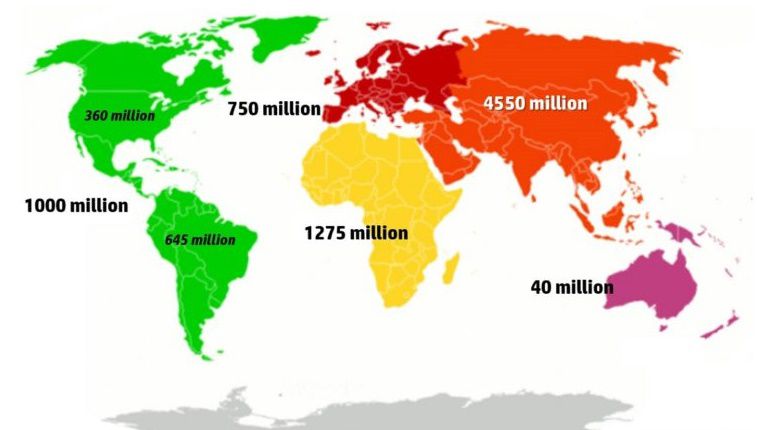
Mention the phrase cannabis tourism a decade ago, and 99% of people would’ve thought of the Netherlands. Their cannabis cafes and the cannabis culture they’ve created continues to bring tourists from all around the world to join the party.
For us Aussies, and the billions in Asia, that means travelling halfway across the world – not an easy feat for many people.
If Australia, or even a single state properly legalised recreational cannabis, the cannabis tourism to come would be huge.
Say, for example, Victoria completely legalised recreational cannabis use. Not only would hundreds of thousands, possibly millions of Asian tourists visit Victoria each year – for the sole purpose of experiencing legal cannabis, but inter-state cannabis tourism would surge as well.
Heck, some raving cannabis fans might even permanently move to that state. It’s become a bit of a thing in the US, with some calling it the Cannabis Migration.
Sure, ACT has already technically legalised recreational cannabis – but the legislation put through still makes it quite difficult to acquire.
You can’t buy it anywhere as there are no cannabis shops. The only way to get your own cannabis in the ACT is to grow your own. But even then, buying seeds is technically illegal.
Colorado, one of the first states to legalise recreational cannabis back in 2014 saw their tourism revenue increase by more than AUD $30 million every month – mostly from inter-state tourism.
It’s unlikely we’ll see a similar increase in Australia as the cannabis culture isn’t as prominent here, and we simply don’t have as many people. But we are much closer to Asia than they are.
And with 10 of the 16 countries with the harshest drug laws located in Asia, we can invite the millions of Asian tourists looking to use cannabis in a more cannabis-friendly environment to visit Australia. Now that could result in billions more to our tourism revenue.
All going back into the Australian economy.
Already proven
Cannabis is a hard drug, right? Anyone that uses it will become addicted, a burden on society, and ultimately provide a net negative to whichever country they reside in.
Wrong.
None, absolutely none of the countries which have legalised weed in the past decade have seen an overall detrimental effect on their society.
Most regions which have completely legalised have seen massive boosts to their overall tax revenue. One of the most notable and earliest legalisers, the state of Colorado in the USA, already surpassed $1 billion in total state revenue generated from cannabis back in 2019.
Not only will legalisation boost tax revenue, but it’ll also save heaps in relation to administrative police and court fees. The Reason Foundation have put together a fantastic resource comparing many of the before’s and to the after’s following cannabis legalisation.
Here are some excerpts:
- As a result, it relieves the burden placed on courts, law enforcement and prisons, allowing for greater focus on violent crime. It also appears to have reduced use of marijuana by minors.
- Several studies have found that medical marijuana legalization (MML) and legalization for recreational use are associated with a reduction in opioid use (a major problem around the world).
- A 2017 study found that crime rates fell significantly in the neighbourhood of dispensaries in Denver, Colorado, following the legalization of recreational marijuana.
The Foundation for Economic Education also put an article together showcasing the benefits – How Marijuana Legalization Reduces Violent Crime and Puts Drug Smugglers out of Work.
Historically legal
Cannabis was legal and used in many cultures for thousands of years. That’s been scientifically proven.
Unfortunately, it all came down to a single country in the 20th Century who led the beginning of the end for legal cannabis. That country was Egypt.
Egypt’s residents were suffering from ‘chronic hashism’ and they requested the League of Nations (replaced by the United Nations) include cannabis into the drug prohibition along with cocaine and heroin back in 1926.
Want all the details? We covered it here – Why did Australia outlaw cannabis in 1926?
And so, in the decades following 1926, all the Australian states tumbled and fell in line – declaring the production and consumption an offence.
Tasmania held on the longest, only outlawing the drug in 1959.
The points above are definitely not exhaustive but do cover most of the major benefits of legalising cannabis.
We’d love to hear what you think. Leave a comment below and let us know your thoughts.
If you have a friend of family member sitting on the fence about recreational cannabis – share this with them. We’re confident they’ll prefer the greener side of the fence after reading it through.


